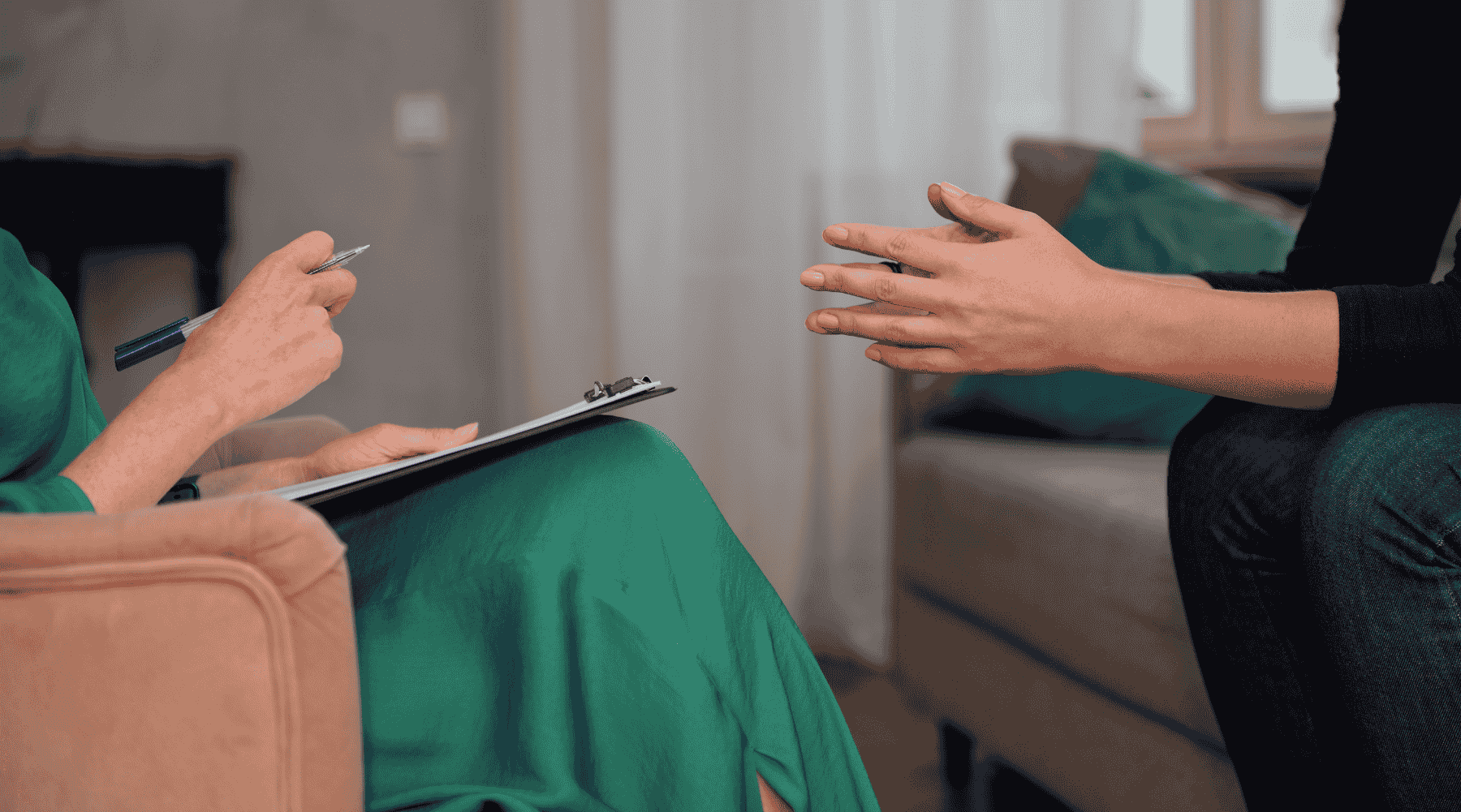By Rick Benson
Recovering from gambling addiction requires commitment, support, and intentionality, similar to what's needed for other addictive behaviors. For those of us at Algamus, we've seen firsthand how important self-care is in this process. It’s not just a buzzword; self-care in addiction recovery serves as a cornerstone for rebuilding lives.
Whether it's a quiet moment of reflection, a brisk walk, or practicing mindfulness, integrating self-care strategies has proven to be transformative for the individuals we support. When I work with clients, I always emphasize that prioritizing self-care isn't selfish—it's an essential part of maintaining balance and sustaining long-term recovery.
What is Self-Care in Addiction Recovery?
Self-care in addiction recovery refers to the actions you take to care for your physical, emotional, and mental well-being. In the context of gambling recovery, self-care can mean creating habits that help you cope with cravings, manage stress, and establish a fulfilling life free of compulsive gambling.
At Algamus, we often talk about simple but effective practices such as maintaining a regular sleep schedule, journaling, and making time for hobbies. Self-care and recovery go hand-in-hand, helping individuals stay focused on their goals.

Why is Self-Care Important for Recovery from Gambling?
From my experience, the importance of self-care in recovery can’t be overstated. Recovery isn’t just about quitting harmful behaviors; it’s about building a life you don’t feel the need to escape from. Self-care provides the foundation for that.
Taking care of yourself physically boosts your energy, making it easier to face challenges. Emotionally, self-care helps regulate feelings of guilt, shame, or anxiety that may accompany recovery. Mentally, it keeps your focus sharp and strengthens your ability to make decisions that align with your long-term sobriety.
When we neglect self-care, the stress and challenges of recovery can feel overwhelming. But when we actively prioritize it, we create a buffer against relapse.
What Are the Benefits of Practicing Self-Care During Recovery?
There are many benefits of practicing self-care in recovery. Here are just a few that we’ve seen in clients over the years:
- Improved mental clarity: When you take the time to practice mindfulness or meditate, you can process emotions more effectively and make thoughtful decisions.
- Enhanced physical health: Activities like regular exercise and balanced nutrition improve energy levels and help combat the physical effects of stress.
- Stronger emotional resilience: Self-care practices, such as journaling, therapy or practicing spirituality, allow you to manage negative emotions and find healthier outlets for stress.
- Better relationships: When you feel good about yourself, it’s easier to maintain positive interactions with loved ones and rebuild trust.

Strategies for Practicing Self-Care in Recovery
In my work with clients, I’ve learned that effective self-care doesn’t have to be complicated. Here are a few strategies I always recommend:
Practice Mindfulness
Whether it’s meditation, yoga, or simply focusing on your breathing, mindfulness can help you stay present and reduce stress.

Explore Creative Outlets
Activities like painting, music, or cooking allow you to express yourself and redirect energy away from cravings.
Eat Healthy
Start with improving your diet and nutrition. A balanced diet can help reduce some withdrawal symptoms like mood swings. If possible, try to limit junk food and drink plenty of water a day.
Exercise
Stay active and engage in physical activities. Exercise quickens the healing process for both the body and the brain. It is also helpful in keeping your mind off gambling and can also help to minimize anxiety and stress level leading to improved sleep conditions.

Identify and Avoid Triggers
Identifying high-risk situations that trigger anger, compulsive need to win, boredom, sadness, loneliness and stress can help you prevent these emotional states. These triggers are often prompted by some form of environmental, emotional or physical stimuli that will tempt you to gamble. Avoid people from your past who are linked to your old gambling life.
Stay Busy
Always plan ahead, schedule and find something to do. Keeping busy will distract and prevent you from dwelling on distractive thoughts. It will limit the time you have to think about how you are feeling. Consider socializing or volunteering, watching TV or movies, or reading magazines and books of interest. Be determined to distract yourself by finding activities that can take your mind off gambling and focus on recovery.
Get Support
Don’t go it alone, get help. Your support network can help you keep you on track, give you a shoulder to lean on, a listening ear and that encouraging word to help you stay focused. If you need to, reach out to a gambling addiction treatment specialist who knows the unique challenges that you’re facing and can advise you if you’re having trouble during your recovery.
The Role of Self-Care in Sustained Recovery
I often tell clients that self-care and recovery are lifelong companions. For some, self-care might look like setting aside quiet time each day to reflect. For others, it could mean seeking support groups.
By focusing on self-care, you’re not just addressing the immediate challenges of recovery—you’re investing in your future well-being. At Algamus, we’re here to guide you through that process, reminding you that recovery isn’t just about stopping harmful habits; it’s about embracing a new way of living.
If you’re struggling with gambling addiction, know that help is available. Reach out to us today and take the first step toward a brighter, healthier future.



